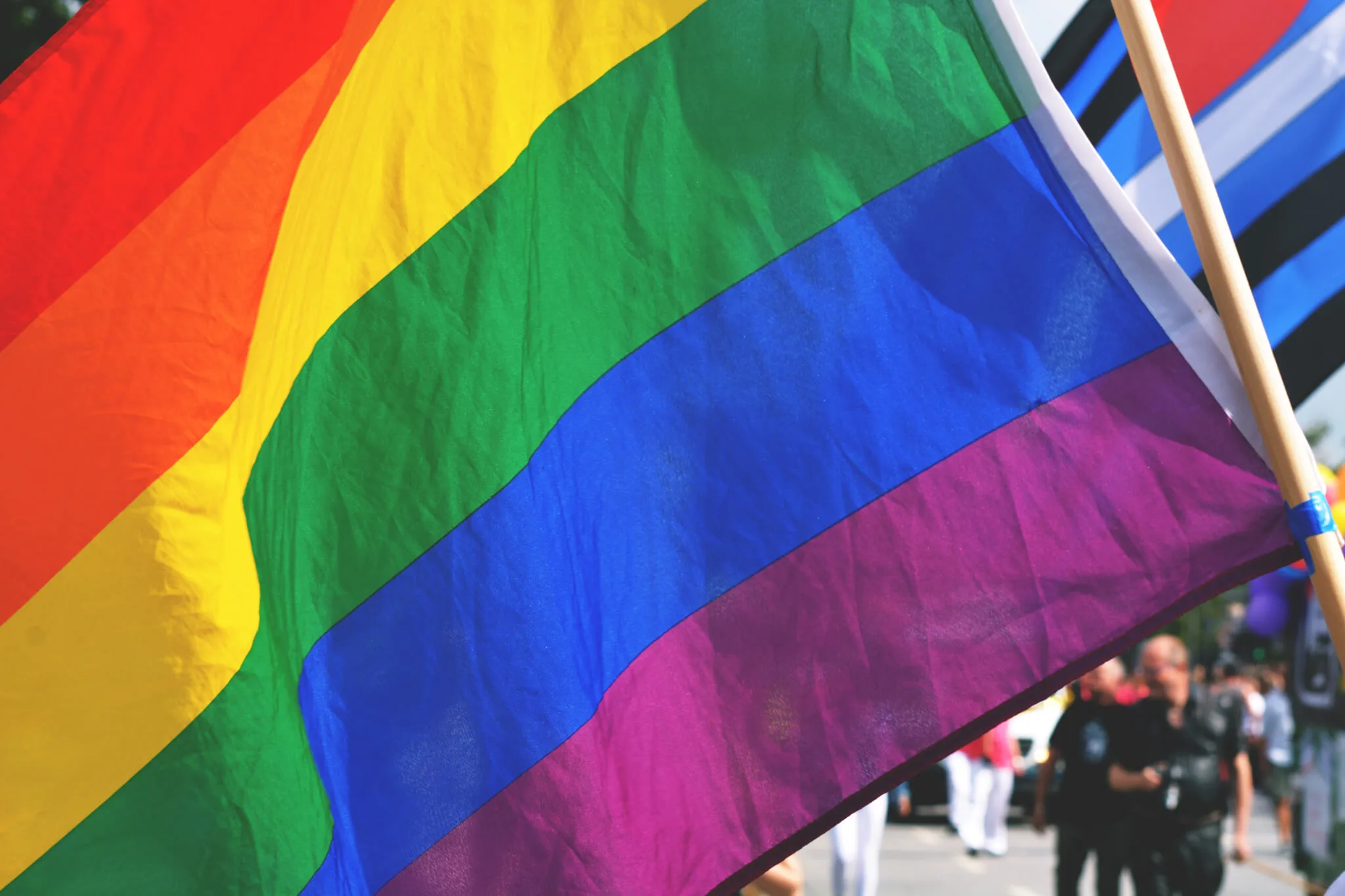
There are plenty of ways to celebrate Pride Month in Michigan.
As Pride Month rolls on, Michigan is hosting a bunch of events to support its LGBTQ+ residents and neighbors. Here’s some history and terms to boost your Pride knowledge!
MICHIGAN – It’s Pride Month, a time when members of the LGBTQ+ community and their allies attend events to celebrate and champion inclusivity. Michigan is no exception, with festivities planned statewide.
Here are some tools to help you be a better ally this June:
History
Pride Month started with Stonewall. On June 28, 1969, police raided the Stonewall Inn, a popular gay bar in New York City, according to the Library of Congress. While raids were not uncommon, this time when police tried to force patrons into cars, people began to protest, according to the Harvard Gazette.
One lesbian who was resisting attempts to be forced into a police car yelled, “Why don’t you guys do something?”
And the patrons did. Bottles and bricks were thrown, and the Stonewall protests geared up into full-swing. It ultimately turned into a six-day standoff with the police and is today seen as a pivotal moment in LGBTQ+ history.
The first Pride march in New York City was held on June 28, 1970, to commemorate the Stonewall Uprisings. Bill Clinton was the first US President to recognize Pride Month, in 1999.
What does LGBTQ mean?
It’s actually shorthand for LGBTTTQQIAA+ (but you don’t have to memorize it!). This acronym for the Queer community (note the capital Q) represents people who are Lesbian, Gay, Bisexual, Transgender, Transsexual, 2/Two Spirit, Queer, Questioning, Intersex, Asexual, and Allies, and the ‘+’ represents people who identify as Pansexual, Agender, Gender Queer, Bigender, Gender Variant, and Pangender. According to OK2BME, a counseling service for LGBTQ+ people, it’s always evolving, so it’s simply best to “be respectful and use the terms that people prefer.”
There may be some terms that are unfamiliar in that list – no worries. We got you. Keep reading!
Terms to Know
Start by learning the difference between gender, biological sex, and sexuality.
Gender, or gender identity, refers to a person’s “deeply felt, internal and individual experience of gender, which may or may not correspond to the person’s physiology or designated sex at birth.” (In other words, gender has nothing to do with anatomy.) Here’s a link to learn more from the World Health Organization.
Biological sex is the anatomical parts, hormones, and chromosomes we have at birth.
Sexuality (or sexual orientation) is who we are sexually attracted to. Just ask the University of Louisville.
The Human Rights Campaign also has a glossary of terms that you might hear this month:
- Gay: A person who is emotionally, romantically or sexually attracted to members of the same gender.
- Lesbian: A woman who is attracted to other women.
- Bisexual: A person who is attracted to more than one sex, gender or gender identity. This is sometimes used interchangeably with the term pansexual.
- Pansexual: Someone who has the potential for attraction to any gender.
- Asexual: A complete or partial lack of sexual attraction or lack of interest in sexual activity with others. Often called “ace” for short.
- Gender non-conforming: A broad term referring to people who do not behave in a way that conforms to the traditional expectations of their gender.
- Transgender: An umbrella term for people whose gender identity or expression is different from the sex they were assigned at birth.
- Transman: Someone who was assigned female at birth but identifies as a man.
- Transwoman: Someone who was assigned male at birth but identifies as a woman.
- Cisgender: Someone whose gender identity aligns with the sex they were assigned at birth.
- Non-binary: A person who does not identify exclusively as a man or a woman. They may identify as both, in-between or outside the traditional categories altogether. It can also be used as an umbrella term to encompass other gender non-conforming identities.
- Gender-fluid: Someone who does not identify with a single fixed gender.
- Genderqueer: People who identify as genderqueer usually reject the traditional view that gender is a fixed category and embrace the fluidity of gender. They may see themselves as being both male and female, neither male nor female or as falling completely outside these categories.
Events
Now that you know the history and lingo, here are some Pride events happening in Michigan this month, that you might want to check out:
Saturday, June 17
Saturday, June 24
Sunday, June 25
Although Pride is officially over at the end of June, there are more Pride events all summer long.
Here are Some Other Ways to Celebrate
According to Thomson Reuters, there are plenty of others way to commemorate Pride Month:
- Volunteer or donate: Whether it’s with a local LGBTQ+ youth center or donating to larger organizations, like the Trevor Project, donations are a great way to show your support.
- Become an advocate: Speak up when those around you say something harmful.
- Support LGBTQ+ art and culture: Watch an LGBTQ+-themed movie or show, read a book by an LGBTQ+ artist or buy an album from an LGBTQ+ artist.
- Consider your company’s LGBTQ+ inclusivity: Start a dialogue and make resources available to try and create a more inclusive workplace.

VIDEO: Trump isn’t the only republican facing charges for alleged financial crimes
https://www.tiktok.com/@gandernewsroom/video/7361494909938978090 A whole lot of Michigan Republicans and lobbyists are facing criminal charges for...

VIDEO: It’s expensive to be poor in Michigan
https://www.tiktok.com/@gandernewsroom/video/7361154790300060974 Ever heard of predatory payday loans? Here’s how new laws could help protect...

Here’s everything you need to know about this month’s Mercury retrograde
Does everything in your life feel a little more chaotic than usual? Or do you feel like misunderstandings are cropping up more frequently than they...

The ’Gander wins multiple 2023 Michigan Press Association awards
MICHIGAN—The ’Gander Newsroom has earned multiple awards in the 2023 Michigan Press Association Better Newspaper Contest. The awards were announced...

Michigan Republicans ask Supreme Court to restrict medication abortion access
A lawsuit supported by Republicans could disrupt access to the most common form of abortion—even in Michigan, where reproductive rights are...




